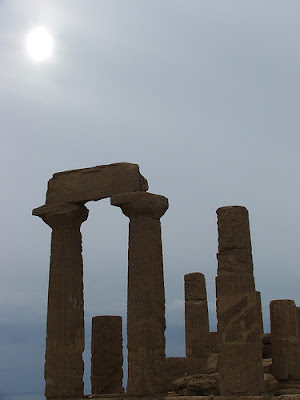
entrevista
[...]
mudo todos os dias de roupa inte
rior. sim, claro que tenho orgulho ni
sso. porquê? porque é higiénico, qu
e é que quer dizer higiénico? lim
po, limpo, mas a pergunta é absurd
a, totalmente absurda, não tem res
posta, é totalmente absurda, lamen
to ter de dizê-lo, mas estas pergu
ntas todas são muito estranhas.
qual é a minha opinião acerca d
este livro? não sei, não o li. se g
ostaria de o ler? não sei, precisa
ria de lê-lo primeiro, para respo
nder a essa questão, mas acho tud
o isto muito duvidoso, estas ques
tões, estes temas, tudo isto, não s
ei, não me está a agradar nada,
de resto são horas de me retirar.
uma última declaração? com todo o
gosto: não tenho dúvidas de que
nada nos impede de continuarmos
como até aqui, e é isso que me dá
confiança no futuro, pois o futuro
só é possível se não deixarmos de
ser o que sempre fomos no passado.
Alberto Pimenta
.














































